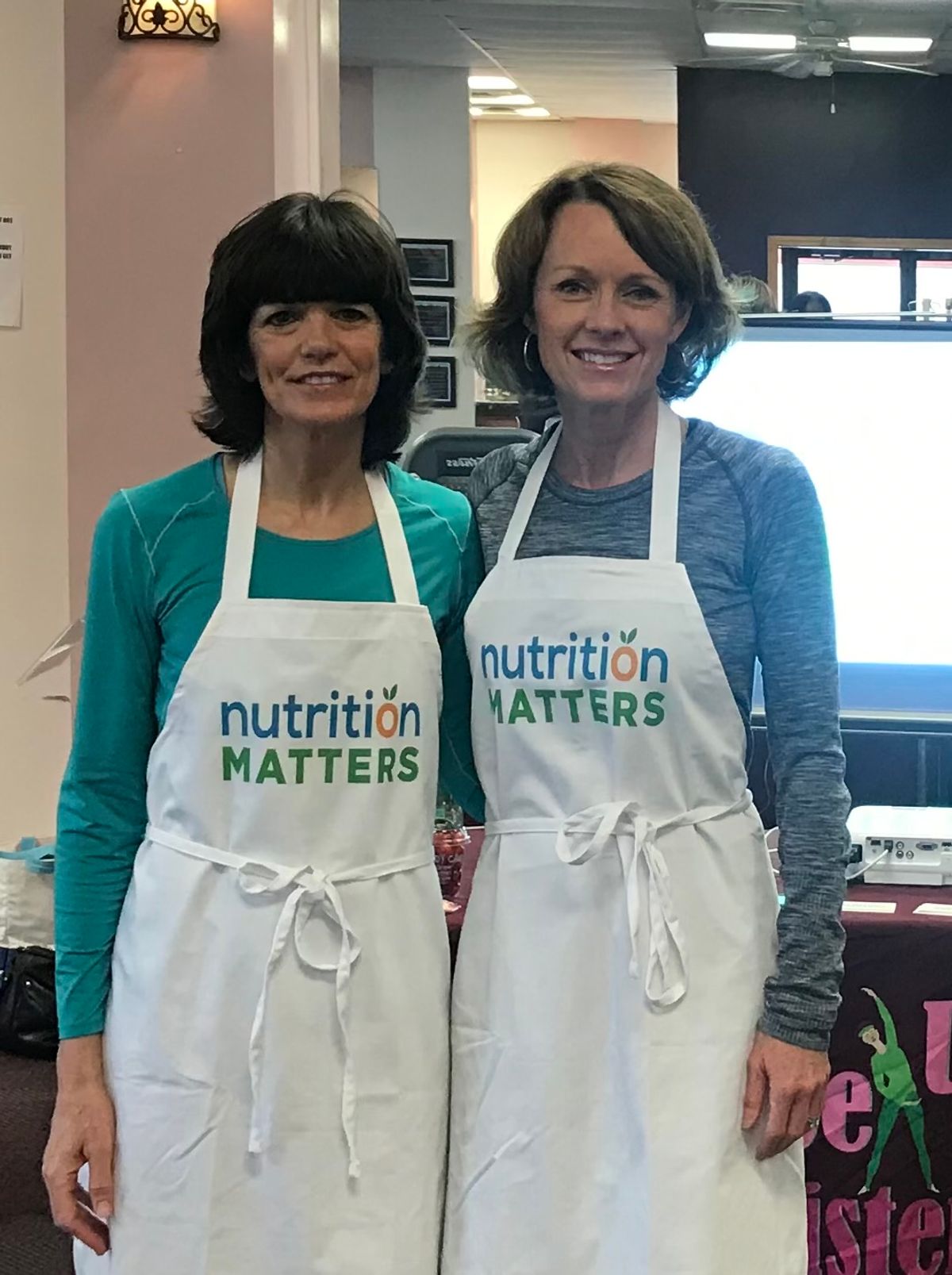When it comes to including healthy fats in your diet, Nosser recommended using olive oil, avocados, avocado oil, nuts, and seeds as well as lean meats like chicken and turkey — without skin — and fish.
It is also important to stay hydrated, Nosser said.
“Drink plenty of water, herbal tea, and other low sugar fluids throughout the day. If your appetite is poor, smoothies may be a good alternative to a regular meal,” she said.
When it comes to unhealthy choices, Hopson said to decrease intake of processed food, fast food, sugar-sweetened drinks and alcohol.
“Alcohol is linked to breast cancer,” Nosser said. “It is recommended by the American Cancer Society that women at risk of breast cancer limit alcohol to no more than one serving per day. One serving is considered 1 ½ ounces of hard liquor, 5 ounces of wine, or 12 ounces of beer.”
Nosser said weight can also be connected to breast cancer risk as well as the risk of recurrence.
“Regular physical activity can help reduce breast cancer risk and promote a healthy weight. It is recommended to get at least 30 minutes of moderate to high activity most days of the week,” she said.
While there are no specific foods or diets that can prevent breast cancer, Nosser said eating fruits rich in antioxidants and phytochemicals — such as citrus, berries, cherries, and pomegranates — may help protect against cancer. She also recommends dark leafy greens, whole grains like oats, bulgur, quinoa, brown rice, and whole-grain breads and cereals, as well as beans, peas, lentils, and soybeans.
Nosser added that for those struggling with adequate nutrition or side effects during treatment, it may be beneficial to seek the help of a registered dietitian.


